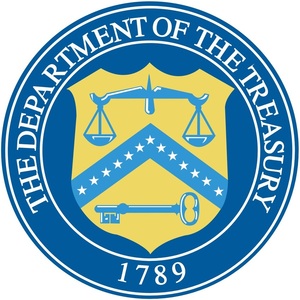Biofuel groups urge Treasury to implement swift guidance on 45Z

April 11, 2025
Advertisement
Advertisement
Related Stories
International Sustainability & Carbon Certification has announced that Environment and Climate Change Canada has approved ISCC as a certification scheme in line with its sustainability criteria under its Clean Fuel Regulations.
Legislation introduced in the California Senate on June 23 aims to cap the price of Low Carbon Fuel Standard credits as part of a larger effort to overhaul the state’s fuel regulations and mitigate rising gas prices.
The U.S. Court of Appeals for the Fifth Circuit has ruled in favor of National Sorghum Producers and other ag groups, vacating a 2024 U.S. EPA rule that unfairly penalized ethanol-containing fuels in federal fuel economy calculations.
The government of Brazil on June 25 announced it will increase the mandatory blend of ethanol in gasoline from 27% to 30% and the mandatory blend of biodiesel in diesel from 14% to 15%, effective Aug. 1.
As tensions in the Middle East create uncertainty and volatility in global fuel markets, the RFA is urging President Trump to move quickly to eliminate burdensome regulatory roadblocks that are preventing broader use of E15.





